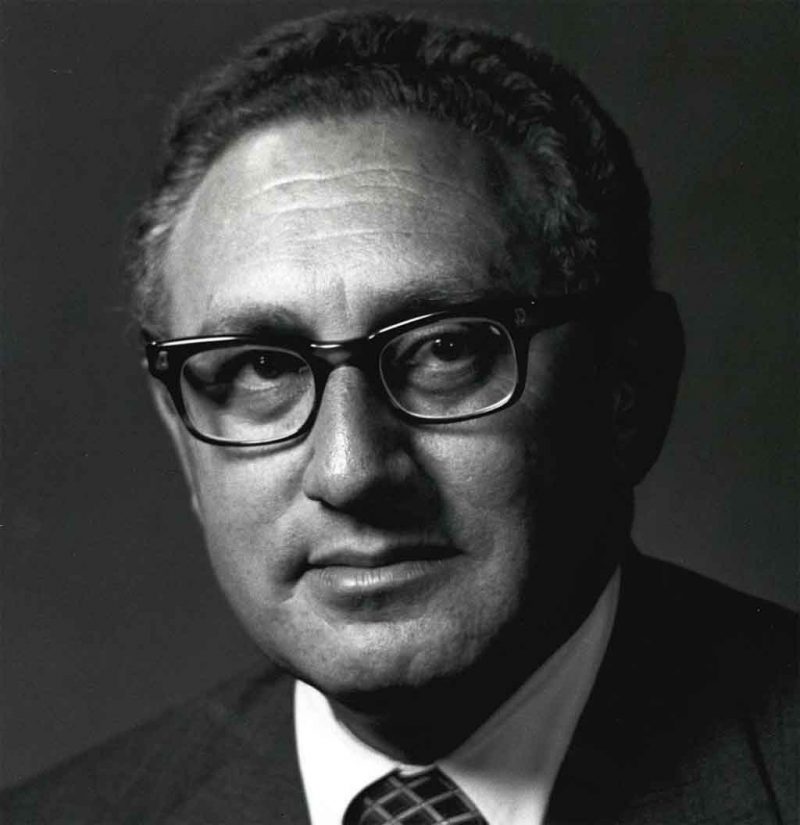Henry Kissinger On Anti-Semitism
Trawling through the internet, one finds interesting mentions of potentially incendiary statements. One such statement came from Henry A. Kissinger, and was reported by Focal Point Press as follows:
At the height of his fury at Jerusalem for violating the October 1973 cease-fire and surrounding Egypt’s Third Army, Kissinger grumbled at one WSAG meeting, “If it were not for the accident of my birth, I would be anti-Semitic.”
In other moments of exasperation, he would note that “any people that has been persecuted for two thousand years must be doing something wrong.”
— Walter Isaacson, Kissinger: a Biography (Simon & Schuster, Inc., New York, and Faber & Faber Ltd, London: 1992), p. 561
If we look at the following few paragraphs, we find this elaboration:
Despite his ambivalences, deep inside Kissinger had an emotionalcommitment to the survival of Israel that led him to be one of its staunchestdefenders when its safety was truly at stake — as well as one of its most emotionalcritics when he felt it was embarked on a suicidal course. “How can I, as a Jew who lost thirteen relatives in the holocaust, do anything that would betray Israel?” he would tell Jewish leaders.
This shows us the problem of diversity and the ambivalence it creates.
The diverse person moves to the society of another culture for a reason, namely that it functions better than whatever his people were doing.
There, he finds himself appreciating the new system, but unwilling to cast out what he is, despite having some criticisms of it.
At that point, he must exist in a state of dual loyalties: both appreciating the new, and knowing that his identity rests in the old.
In this way, diversity makes enemies of everyone.
Tags: anti-semitism, henry a. kissinger, israel










